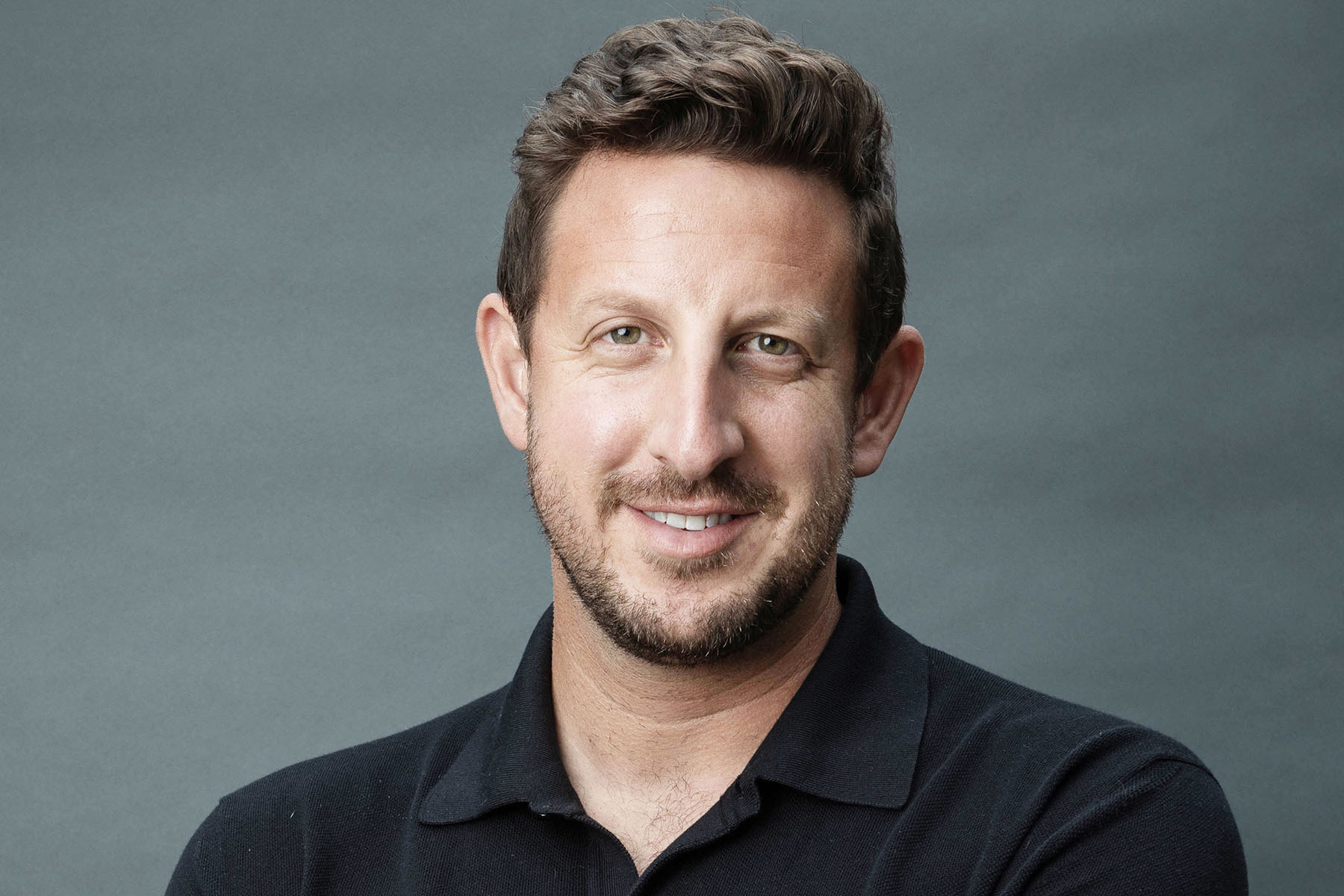Since 2009, Zack Kass has been in the business of helping companies commercialize their artificial intelligence (AI) technology. Over his career, he has served in account executive and sales leadership roles at CrowdFlower (now Figure Eight), Terminus, Mixpanel, Lilt, and most recently OpenAI where he led go-to-market (GTM) strategy until deciding to leave in the Spring of 2023 to more widely apply what he’s learned. Now, he’s a consultant to organizations in any industry looking to build on the promise of AI, including Coca-Cola, Boeing, and even the White House. PM360 spoke with Zack about the future of AI, what it takes to be an innovator in this space, and how people can thrive in an AI-driven world.
PM360: As you have dealt with the commercialization side of AI, what have you seen or heard from companies that most excites you about AI’s long-term impact?
Zack Kass: From a standard commercial application, anything in education and healthcare gets me excited. Education is broken for most people in this world and I love the idea of being able to distribute effective teaching for people with internet access by delivering a private tutor at their fingertips. Meanwhile, in healthcare, we’re going to be able to help people triage and route their medical issues using AI-powered doctors—not by replacing the specialist or clinician, but by supporting them and helping people get access to concierge medicine effectively in real time.
As an AI consultant, what do you advise companies is necessary to go from making AI a theoretical benefit to a practical one?
There are probably three things. First, is deciding they need to do this. A lot of companies remain in “wait and see” mode, and my concern is that will lead to a future where AI isn’t evenly distributed. Second, is figuring out what they should buy from vendors and what they should build on their own. For most companies, you don’t need to build your own solutions, but they have this idea they will miss out on the IP and that’s just not true. Then, once you decide what you need to build or buy, the most important thing is picking one, maybe two things to focus on. A lot of people are trying to build the ocean, but my guidance is to pick the one thing that if you didn’t build it and your competitor did it would be really bad for you.
In the past, you mentioned AI could completely take over the role of a salesperson within two years. Do you think that could eventually happen with sales reps in pharma? Would doctors trust AI?
I don’t think it’s going to happen anytime soon for all sorts of reasons. One being sales is fairly relationship based and people want to have those relationships. But in two years, people will be able to talk to a machine that knows a ton about the world and it can talk back. So, it’s not hard to imagine that anyone could call a pharma company and talk to a voice that sounds like a human at any time of the day that has an encyclopedic understanding of this stuff.
As for trust, I think doctors assume a lot of human error when they talk to reps whereas a machine would have to be programmed to lie to you—and that seems like a stretch. However, for most doctors, they don’t have a problem getting a hold of their pharma rep. The real low-hanging fruit this capability could solve is creating a way for patients to learn about these drugs outside of their doctors, because patients often can’t get access to their doctors. So, this seems like an effective way to scale better patient engagement.
What human aspect of roles, whether in sales or marketing, will AI be unable to replicate in the long term?
The things I tell people we should all index on as a society and individually are wisdom, courage, vision, empathy, and love. These are things the machine can’t do today and we don’t expect it to do for a while. That’s what I encourage young people to practice in the workplace as they think about differentiation in this new paradigm.
In other interviews, you mentioned AI will lead to the deflation of costs of consumer goods. Pharma is obviously a bit different, but could AI lead to lower drug prices?
I think the world will experience a massive deflationary event and the cost of goods and services will come down globally. We’re just going to make things much less expensively and that should be true for everything. My hope is we find a way to distribute these advancements in life sciences and we eventually have drugs at a much lower cost.
Is there anything about AI that will have a negative impact on how industries operate?
I don’t necessary worry about a job crisis, as ultimately AI will also create a lot of new jobs we can’t even imagine right now, but I do think people will suffer from an identity crisis. We’ve seen what happens when factories go from having people on the assembly line to machines. New jobs inevitably spring up, but the people who worked in those old jobs struggle to update. I think that will happen for many knowledge workers over the next few years.
How can companies better help with that transition?
Companies need to remind employees that their value doesn’t come from the size of the team they manage or the size of the P&L. One of the big disservices corporate America ever did to itself was convincing people those were the ways they gained status and money. And that was fine—it led to a lot of growth—but now we’re entering a phase where hiring a bunch of people isn’t the strategy anymore. Creating value in your place of work is going take on a different meaning and companies that embrace and communicate that are going to do really well.
Besides AI, what are the next big innovations you hear about in your work as a consultant?
Fusion is next, then quantum computing, then interstellar travel would be my guess.
Finally, what do you want to do next with your career?
This is what I want to do. Travel the world and tell people why I think AI is going be net good for them and help companies adopt this technology safely and effectively as fast as possible so we can distribute the future evenly. The sooner people’s lives start improving because of this technology, the sooner they’ll be able to imagine a really bright future.









